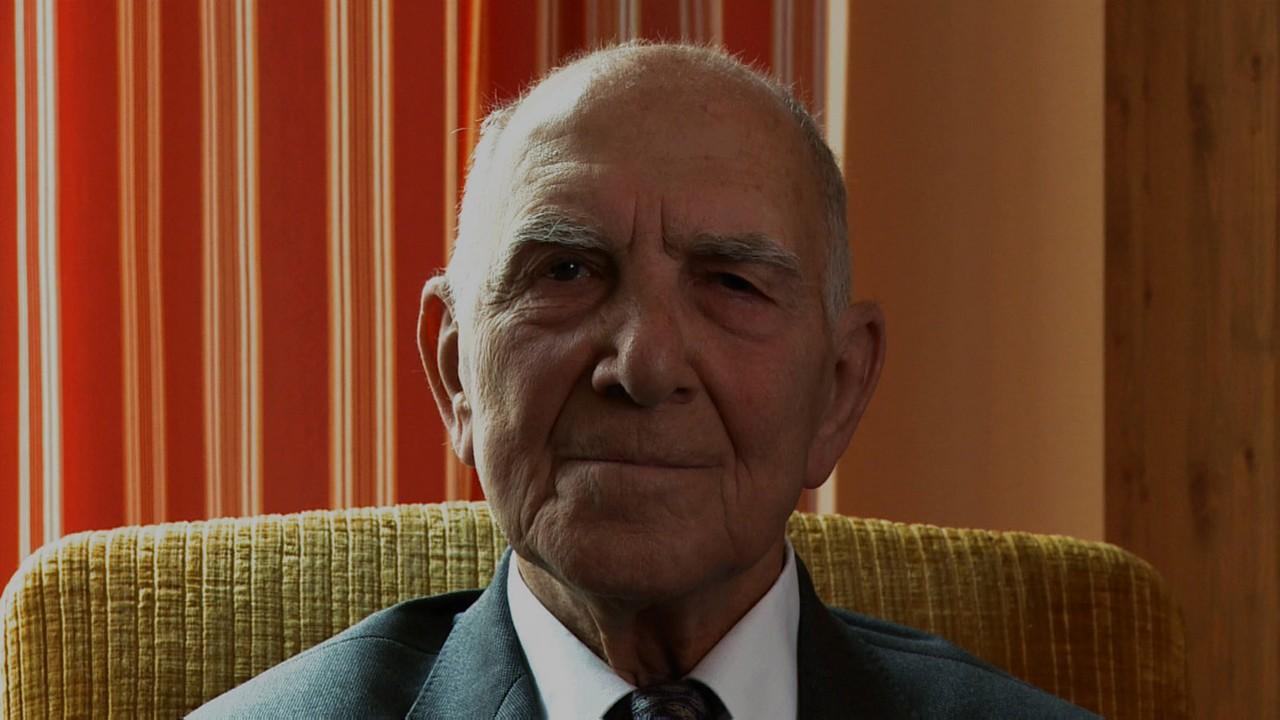Resistance (Faire quelque chose )
TROIS 7 FILMS
Stéphane HESSEL
Serge RAVANEL
Robert CHAMBEIRON
Jean-Louis CREMIEUX-BRIHLAC
Madeleine RIFFAULT
Arsène TCHAKARIAN
The film paints a clear picture of the French Resistance itself, while tackling the question of commitment to a cause in general.

What pushed men and women to join the French Resistance in 1940?
Resistance is the testimony of members of the French Resistance, who explain why they joined, how their commitment first manifested itself, how it developed and what was the eventual outcome. Although they came from diverse backgrounds and experienced different situations, they all shared a refusal to accept the unacceptable; they all decided to react rather than bow down.
The film paints a clear picture of the French Resistance itself, while tackling the question of commitment to a cause in general. And it's a very powerful yet simple idea which emerges: no matter what our background might be, the person we become is the result of the choices we make, of the things we accept and the things we refuse.
Such testimony is also a way of transmitting ideas to the younger generation. As Raymond Aubrac says when addressing a group of students: "When you see something unjust happening, you have to react. You do whatever you can, but you have to react. »
Qu'est-ce qui a poussé des hommes et des femmes à s’engager dans la Résistance en 40?
Faire quelque chose relie les témoignages de résistants, qui expliquent ce que fut leur engagement, sa naissance, son évolution et son aboutissement. Il y a eu des résistants juifs, arméniens, maquisards, citadins, des gens de gauche, des gens de droite. Même s’ils ont vécu des réalités très différentes, une chose les rapprochait : le refus de l’inacceptable, le choix de ne pas subir et la volonté d'agir.
Faire quelque chose donne un sens très concret à l’idée de résistance mais c’est aussi un film qui traite de la notion plus générale « d’engagement ». C’est une idée simple et forte qui ressort : peu importe d’où l'on vient, la personne que l’on devient se construit par nos choix, par nos acceptations et nos refus. Leur témoignage participe aussi d’une volonté de transmission vers les jeunes générations : Raymond Aubrac intervient auprès de lycéens et leur dit : «Lorsqu’on voit passer une injustice, il faut réagir. On réagit comme on peut... Mais on réagit».


